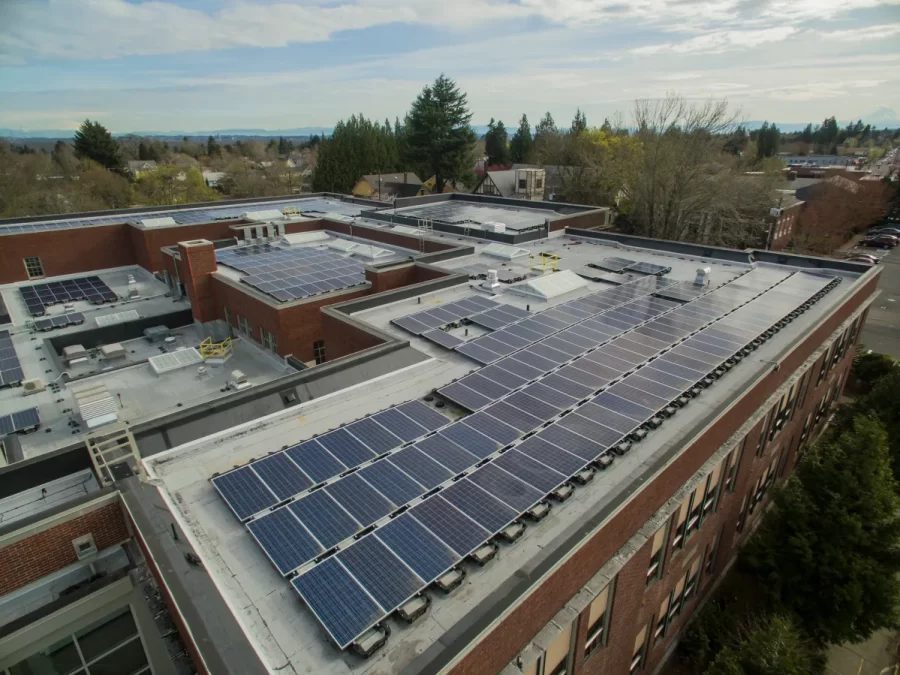In 2016, Barack Obama ordered the Department Of Justice to phase out the use of private prisons in the United States after numerous reports found that private prisons generally had more violent incidents than public facilities. In Trump’s first first term, he revoked this bill. However, when Biden returned to the White House in 2021, he ordered the federal Bureau of Prisons to stop contracting with private facilities, citing the same concerns as Obama. This order did not prohibit ICE from contracting with private prisons, however, meaning that while the Bureau of Prisons’ contracts with private prisons fell from over 14,000 to zero, the number of immigrants detained in private prisons under ICE rose from approximately 11,000 to 35,000. This rise in ICE detainees took place during a period when numerous accusations and lawsuits emerged against two major groups that managed these private prisons—Geo Group and CoreCivic. These lawsuits—many of which are currently unresolved—contain allegations ranging from claims that detainees were exposed to hazardous chemicals, to claims that facillites provided poor food and medical care, to allegations of sexual assault.
Recently, Geo Group has begun working to strengthen ties with the Trump administration and with ICE. While Trump was in the process of running for his second term, Geo Group became the first prison management corporation whose Political Action Committee (PAC) donated the maximum allowable amount to a political campaign. Just days after Trump was elected, Geo Group’s CEO projected that its profits could potentially increase by $400 million annually. The following month, the company announced they would be allocating $70 million toward expanding its capacity to accommodate ICE’s growing needs in the wake of what the Geo Group described as “unprecedented future growth opportunities.” On a recent Geo Group executives’ earnings call, President Wayne Calabrese said that the company is prepared to “oversee hundreds of thousands or even several million [more] individuals” in the near future.
Currently, it is not clear how quickly or at what level immigrant detention will increase under the Trump administration, but policies have already been enacted minimizing restrictions on ICE. For instance, Trump recently revoked a law that prohibited ICE agents from entering churches and schools. The recent “Laken Riley” act that was passed on January 29th will also significantly increase the number of immigrants being detained by ICE. Shareholders have capitalized on these new Trump policies, with Geo Group shares rising 133% in price and CoreCivic’s nearly 60% between Trump’s election and inauguration day.
The United States currently lacks the capacity to handle this surge in immigrant detention. Consequently, the government is likely to rely on private prison companies to meet the growing demand created by current immigration policies. If this trend continues, the cycles of sexual assault, inmate mistreatment, and abuse that plague private prisons will persist, exacerbating an already growing crisis.




























